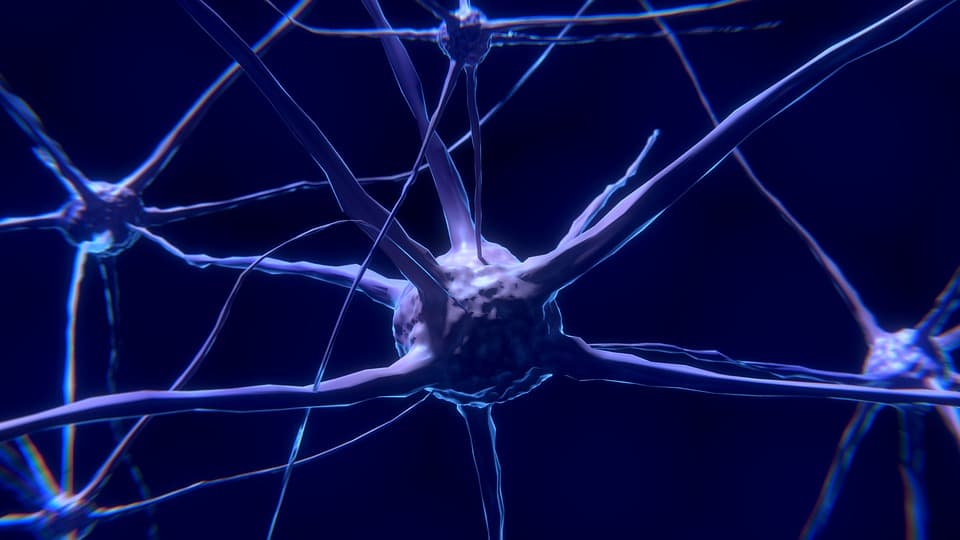
Eisai and Biogen Alzheimer’s drug stumbles at P2
pharmafile | December 21, 2017 | News story | Medical Communications, Research and Development | Biogen, Eisai, biotech, drugs, pharma, pharmaceutical
Only a few months ago, it was announced that Eisai had decided to opt into the development process of BAN2401. The signal sent off by this decision was that there was promise behind the treatment to finally provide a breakthrough in Alzheimer’s disease.
This hope has not been shattered by the news that the drug has failed to hit its endpoint as part of an on-going study at Phase 2 level, but it has definitely been tempered.
Biogen and Eisai took a gamble by seeking success on a Bayesian analysis at 12 months, with the efficacy of the treatment evaluated through the latter company’s novel endpoint Alzheimer’s disease Composite Score (ADCOMS). Successfully hitting the endpoint would have involved being judged at an 80% of or higher probably of achieving a Clinically Significant Different (CSC), where CSD equates to a 25% or greater reduction in the rate of decline in ADCOMS compared to placebo.
The conditions were not met and the companies announced that they would continue the study to the full analysis point at 18 months. Using the Bayesian analysis was an attempt at quickly determining the potential for the drug, but it now looks like both companies will wait on longer-term analysis before deciding on their next step.
“By using Bayesian statistics in this uniquely-designed trial we had hoped that it would enable us to demonstrate clinical success faster than more traditional study designs. We now await the final study analysis which will be conducted after 18 months of treatment, which represents an amount of treatment time that is considered as appropriate for assessing efficacy in disease modifying agents for Alzheimer’s disease,” said Lynn Kramer, Chief Clinical Officer and Chief Medical Officer, Neurology Business Group, Eisai.
Alzheimer’s is a notoriously difficult target, with billions having been sunk and then lost into developing potential treatments.
Between Eisai and Biogen, they are co-developing four compounds for Alzheimer’s disease – both will be hoping that one of the candidates will be the first to make the breakthrough.
Ben Hargreaves
Related Content

Eisai shares new data for Leqembi for Alzheimer’s treatment
Eisai and Biogen have announced that Eisai has shared new data for Leqembi (lecanemab-irmb) 100mg/mL …

Biogen’s biosimilar Tofidence approved by FDA
Biogen has announced that the US Food and Drug Administration (FDA) has approved Tofidence (tocilizumab-bavi) …

FDA approves IMIDEX’s AI-powered device VisiRad XR
The technological pharmaceutical company IMIDEX has been granted clearance from the US Food and Drug …








